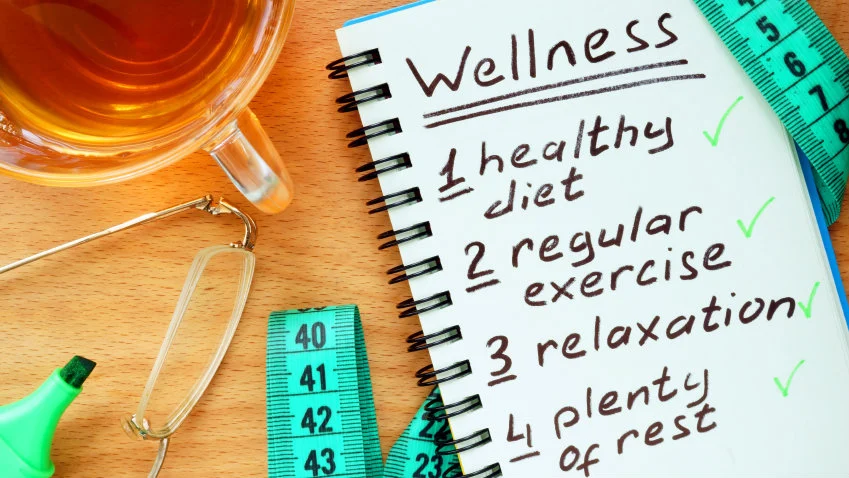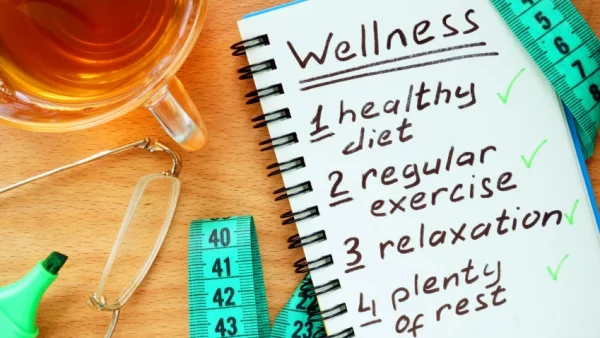Wellness means much more than just your physical health. It is a holistic concept that involves your mental, emotional, social, and spiritual well-being too. A personal wellness plan helps you live your best life by making conscious choices for a healthier lifestyle across all these areas.
Read more about Wellness
A wellness plan is like a customized roadmap tailored to your needs, goals, and circumstances. It outlines the positive habits and routines you want to develop or changes you hope to make. Rather than an all-or-nothing approach, it is about taking manageable steps forward each day. Here is how you can go about creating an effective personal wellness plan for yourself:
Start With Self-Reflection
The first step is taking an honest inventory of your state of wellness across different dimensions. What areas do you already feel good about, and what aspects need more work? Make a note of unhealthy habits or negative tendencies you want to change. Identify what goals or changes are most important to focus on first.
Assess Your Interests and Lifestyle
Your wellness plan should align with your interests, personality, obligations, and current lifestyle. If you pick activities or routines that don’t fit well, you won’t stick with them. Be realistic about what habits are truly sustainable for you based on your schedule, access to resources, budget, etc.
Address Multiple Dimensions of Wellness
Build your plan to cover the Eight Dimensions of Wellness: physical, nutritional, emotional, social, spiritual, intellectual, financial, and environmental. Don’t just concentrate on exercise and diet. Incorporate components that enrich your whole well-being.
Set SMART Goals
For each wellness dimension, establish SMART goals – goals that are Specific, Measurable, Achievable, Relevant, and Time-bound. Vague goals like “manage stress better” are hard to achieve. A SMART goal is “Practice meditation for 10 minutes each morning.”
Sign up for the Connect Nigeria daily newsletter
-
Outline Action Steps
Under each SMART goal, list out the specific action steps you will take to reach that goal. Be very clear and detail-oriented. For example, “To exercise more, I will go for a 30-minute walk at the park every Monday, Wednesday, and Friday before work.”
Build In Accountability
Accountability is key for sticking to any wellness plan. This could involve logging your activities, using a habit tracker app, joining a support group, or even updating a friend on your progress regularly.
Schedule It In
One of the biggest reasons people fail to develop healthy habits is a lack of time. Quite literally schedule wellness tasks into your daily calendar like appointments you can’t miss. Even 15-30 minute windows can be useful.
Start Small and Celebrate
Don’t overwhelm yourself by trying to change everything at once. Start with 2-3 habits or routines you want to master first before progressively adding more over time. Celebrate small wins along the way.
Adjust Periodically
Reassess your plan every few months to a year and tweak it as needed. Update goals, drop routines that aren’t working, and explore new wellness interests as your life changes.
Register to attend the CN Business Mixer
Final Thoughts
Creating your wellness plan takes work, but it provides tremendous benefits – more energy, less stress, greater life balance and fulfilment. It is one of the best investments you can make for your overall quality of life.
Got a suggestion? Contact us: [email protected]


